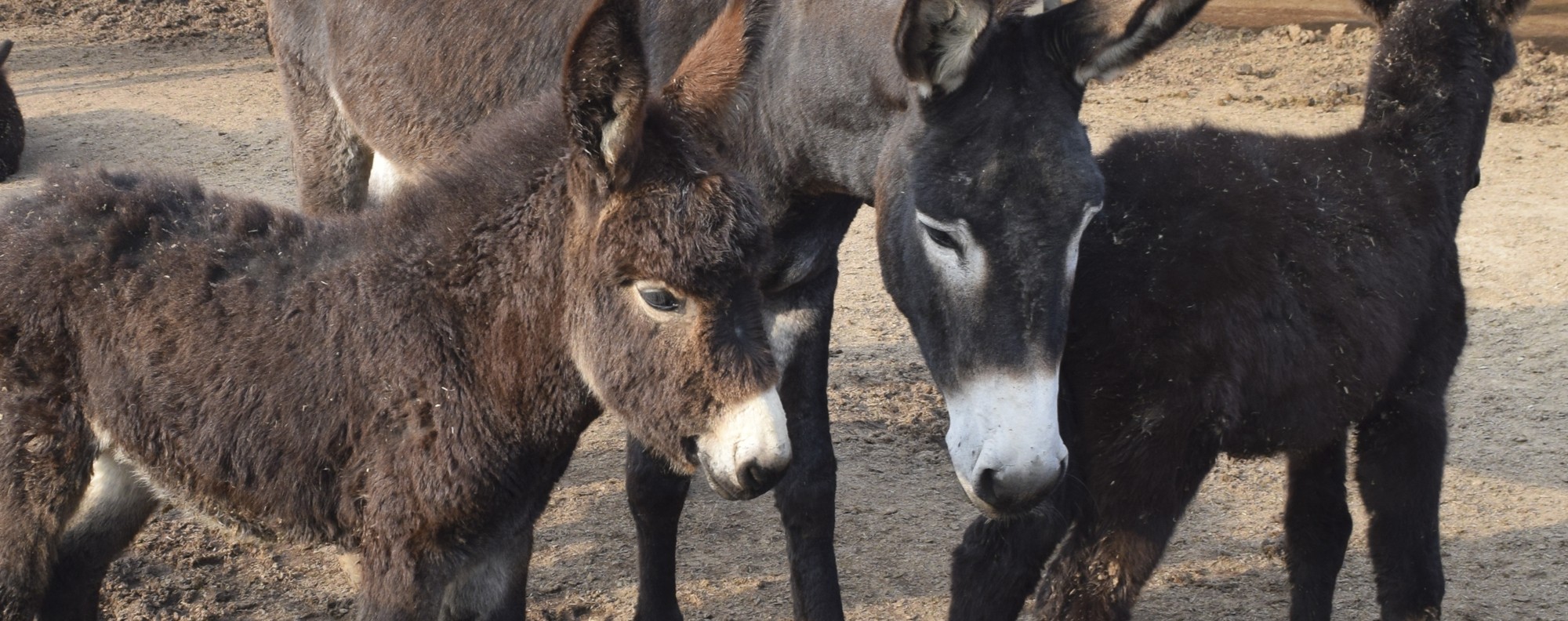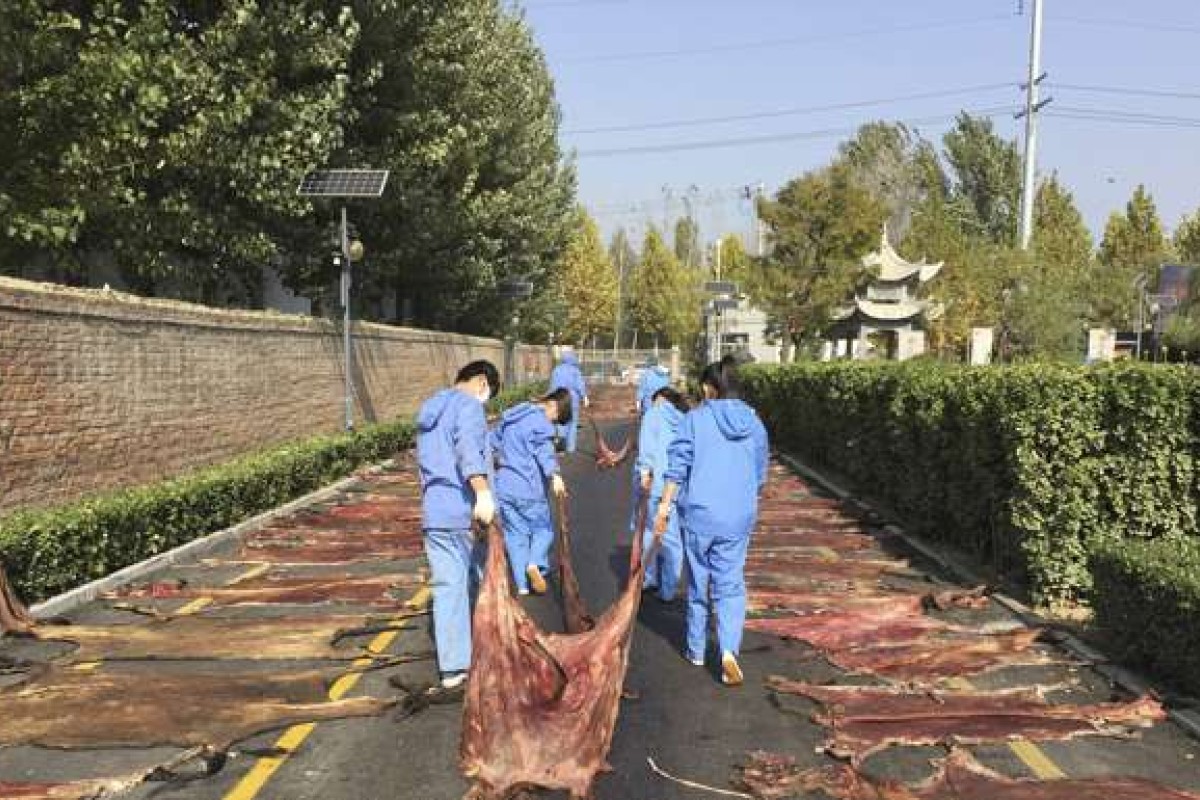The Intolerability of Human Arrogance
"We do not have many donkeys and most people do not want to sell their donkeys."
"So to keep supplying these slaughterhouses, we have ended up with businesspeople or brokers stealing other people's donkeys to supply the slaughterhouses."
Calvin Onyango, program development manager, Donkey Sanctuary Kenya

The Chinese are well known for their use of animal parts in various concoctions that they believe are aids to better health and longevity. Their propensity to use body parts to promote human health and life leads inexorably to illegal and inhumane slaughter of the world's animal species, depleting their natural habitat of the existence of these animals. From tigers to black bears, seahorses to rhinoceros, Chinese Traditional Medicine uses no fewer than one thousand plant species and 36 animal species to produce 'medicines' depended upon for their purported qualities in extending and improving human life.
It is illegal for many of the animals Chinese Traditional Medicine depends on for their healing properties to be slaughtered, but vast sums of money is spent in their procurement on the black market. Where there is profit to be realized there is no profit seen in abstaining from slaughtering beasts to become an essential ingredient in a potion believed to have magical curing properties. African animals are particularly vulnerable to the insatiable appetite impossible to quench by appealing to values meant to sustain animal life.
 |
| Donkeys are essential for transport in rural areas of developing countries such as Burkina Faso in West Africa. Photo: Alamy |
From Kenya to Burkina Faso, Egypt to Nigeria, unscrupulous agents seeking to fulfill China's appetite to acquire the hides of donkeys for the production of ejiao (uh-jee-ow) -- a gelatin produced by stewing donkey skins -- in the provision of health benefits to Chinese consumers, have been busy at work resulting in shrinking donkey herds everywhere. China's own herds have been depleted to the point where producers of ejiao now look elsewhere to have their needs provided. To that end, agents look beyond China to Africa, Australia and South America.
The result is the world's donkey population is severely threatened. The hunt to acquire the coveted donkey hides drives violent crime, and at the same time protests erupt, against the relentless hunt destroying herds. Africans in particular, dependent on donkeys for farm work and transport purposes find their livelihood suddenly at stake when they become the victims of human predators stealing their donkeys and slaughtering them, depriving them of their valued animals and the livelihood they depend upon for their own survival.
The donkey population in Kenya alone has fallen by a third in the past nine years, from 1.8 million to 1.2 million -- with its three licensed slaughterhouses butchering a thousand donkeys daily, supplying skins to China. The rate at which donkeys are being slaughtered will lead to zero of the animals left in the country in five years' time, at an estimation. The donkey hides transported from Kenya must travel thousands of kilometres to arrive in China, where many of them head for Dong'e, an eastern town where the bulk of the world's ejiao is produced.
Dong'e Ejiao Corporation Limited owns and operates many of the local farms raising donkeys. DEEJ is recognized as China's most prodigious producer of donkey gelatin, processing about a million skins annually, making up 63 percent of the total ejiao market. Its president, Qin Yufeng, has stated that soaring demand for ejiao is not responsible for shrinking donkey populations. Fewer donkeys are being bred, he asserts, because they've been replaced increasingly on farms by machinery.
 |
| Workers lay the skins of freshly killed donkeys out to dry in Dong'e, northeastern China where they will be later boiled to produce gelatin sold as a health and beauty product. Photo: George Knowles |
Labels: Africa, China, Donkeys, Medicines, Slaughter, Tradition

<< Home